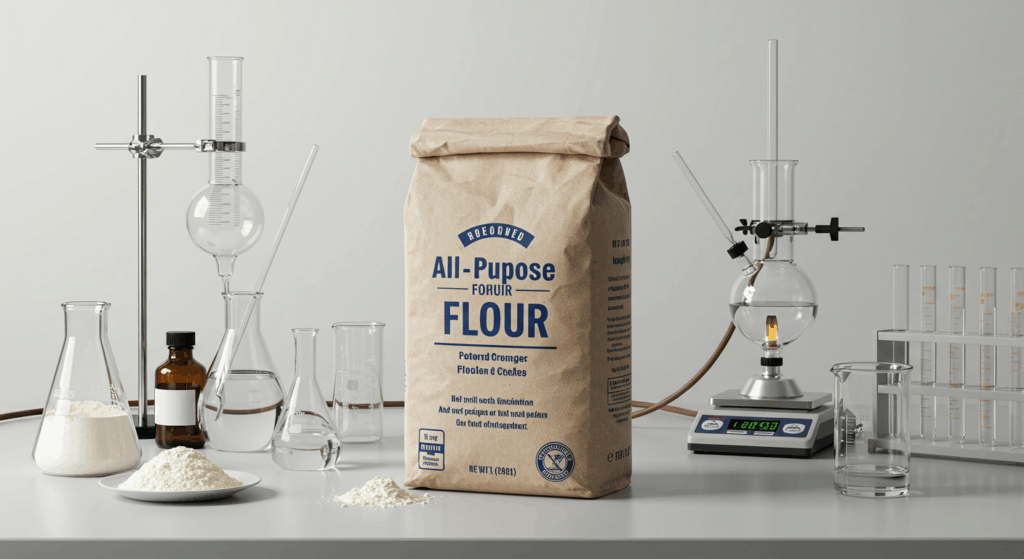Trevor Henderson BSc (HK), MSc, PhD (c), is the Creative Services Director for the Laboratory Products Group at LabX Media Group. He has more than three decades of experience in the fields of scientific and technical writing, editing, and creative content creation. With academic training in the areas of human biology, physical anthropology, and community health, he has a broad skill set of both laboratory and analytical skills. Since 2013, he has been working with LabX Media Group developing content solutions that engage and inform scientists and laboratorians.















